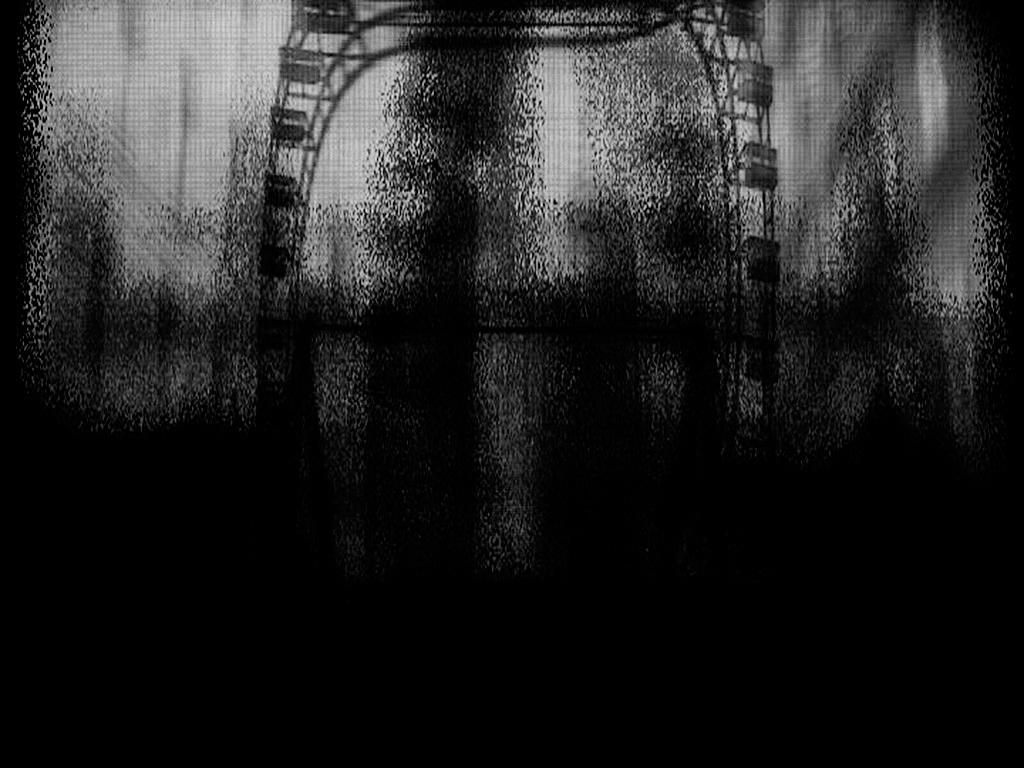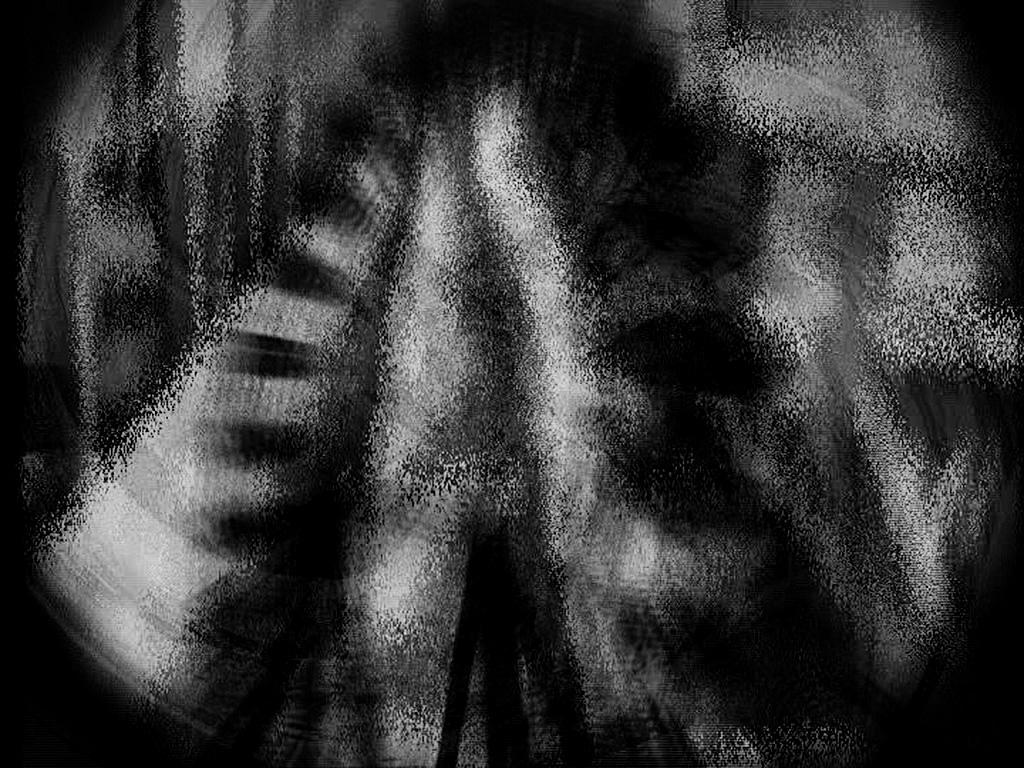cityscapes
The perception of the city in the modern era is characterized by its fleeting and momentary nature. Social and architectural constructions are fragmented and dashing past.
cityscapes attempts to make archived recordings from the Austrian Film Museum legible along these lines.
Single images are isolated from the cinematographic flow in order to scrutinise their inscribed cognitive potential.
For Walter Benjamin, history disintegrates into images and not stories. cityscapes is a search along the tracks of these images.
(Michaela Grill, Martin Siewert)
According to the philosopher Claus Pias, digital information technology is a methodical and systematic instrument for forgetting. Phenomena of the analogue world are quantified; opposing the analogue principle of entropy (films fall apart, just as statues die) is the digital principle of being able to totally reverse and configure discrete values.
In a sense, cityscapes is a test set up for how the "third life" of twentieth-century motion pictures might look in the twenty-first century. The Vienna recordings that Michaela Grill has digitized and processed have been taken entirely from archived films – fragments of lost news reports and weekly shows, unidentified artifacts without authors, the ruins left behind of the – in part, lost forever – film practices and life practices from cinema´s first two decades.
For Walter Benjamin, film has blasted the pre-modern understanding of history with the "dynamite of a one-tenth fraction of a second" and has made it possible to understand the world´s fragmentation. Accordingly, in image and sound (composition: Martin Siewert) cityscapes points to the radical contingency of digital coding and decoding processes: binary knowledge is a machine knowledge from which we attempt to (re)construct images, sounds, melodies, and histories.
(Michael Loebenstein)
Translation: Lisa Rosenblatt
cityscapes / texte français
Cest dans cette perspective que « cityscapes » tente de rendre lisibles des prises de vues historiques en provenance de lÖsterreichisches Filmmuseum, la cinémathèque autrichienne. Certaines scènes, isolées du flux cinématographique, font lobjet dune analyse portant sur le potentiel de perceptibilité quon leur prête.
Pour Walter Benjamin, lhistoire se décompose en images et non en histoires.
« cityscapes » est en quelque sorte la recherche des traces laissées par de telles images. (Michaela Grill, Martin Siewert)
Selon le philosophe Claus Pias, les technologies numériques de linformation sont les instruments méthodiques et systématiques de loubli. Les phénomènes de lunivers analogique se voient quantifiés, le principe numérique dune réversibilité et dune configurabilité totales des valeurs discrètes sopposant au principe analogique de lentropie (les films se dégradent, tout comme les statues meurent).
À certains égards, « cityscapes » est une tentative de définition de ce que pourrait être, au XXIe siècle, le « troisième âge » des images filmées au XXe siècle. Les prises de vues de Vienne numérisées et traitées par Michaela Grill proviennent exclusivement de films darchives : fragments dactualités ou de documentaires, artefacts anonymes ou orphelins, vestiges de pratiques cinématographiques ou sociales remontant aux deux premières décennies de lhistoire du cinéma et en partie à jamais perdues.
Si le cinéma, selon Walter Benjamin, a fait éclater la conception pré-moderne de lhistoire avec « la dynamite du dixième de seconde » et a rendu le monde perceptible dune manière fragmentaire, « cityscapes » ,par la biais de limage et son (composition : Martin Siewert) attire notre attention sur la contingence radicale du processus numérique de codage-décodage : le savoir binaire est un savoir mécanique à partir duquel nous tentons de (re)construire des images, des sonorités, des mélodies et des histoires. (Michael Loebenstein)
Traduction: Claude Manach


